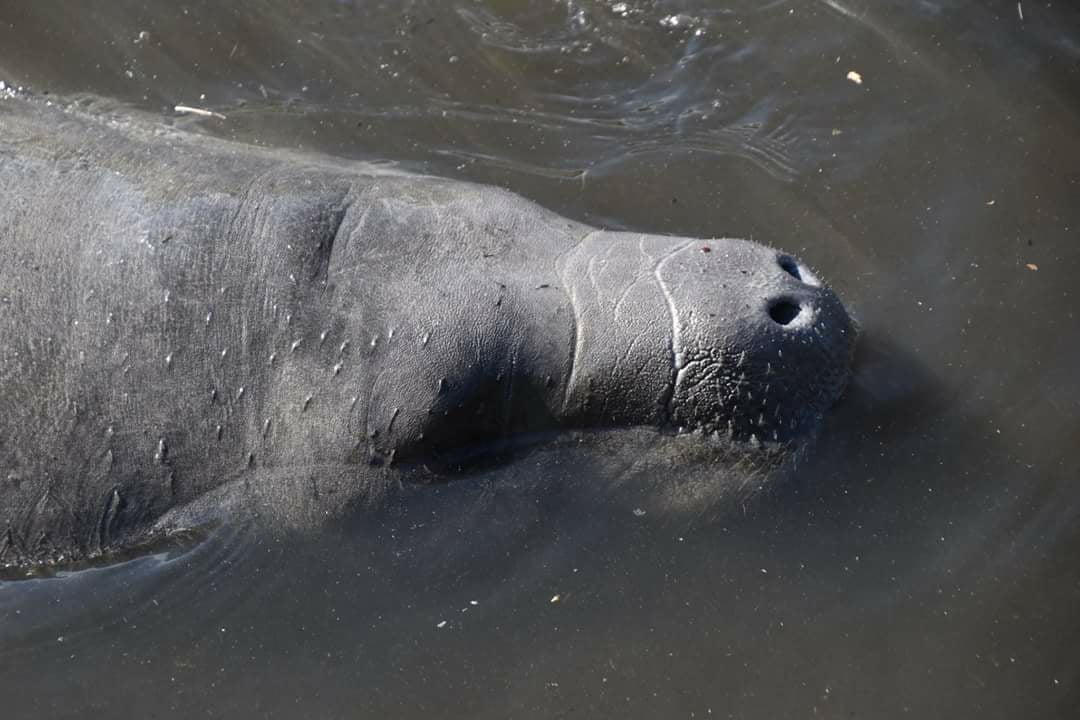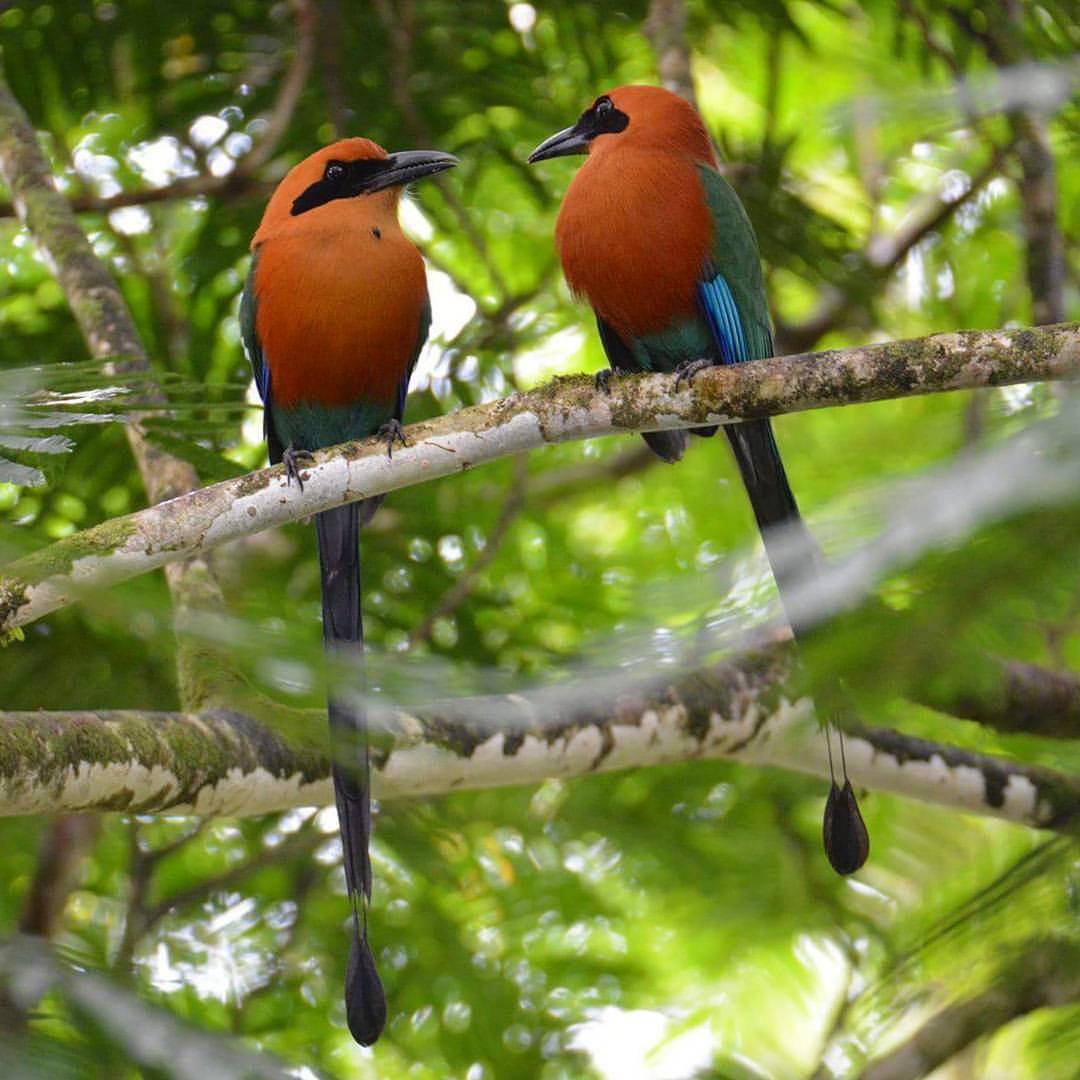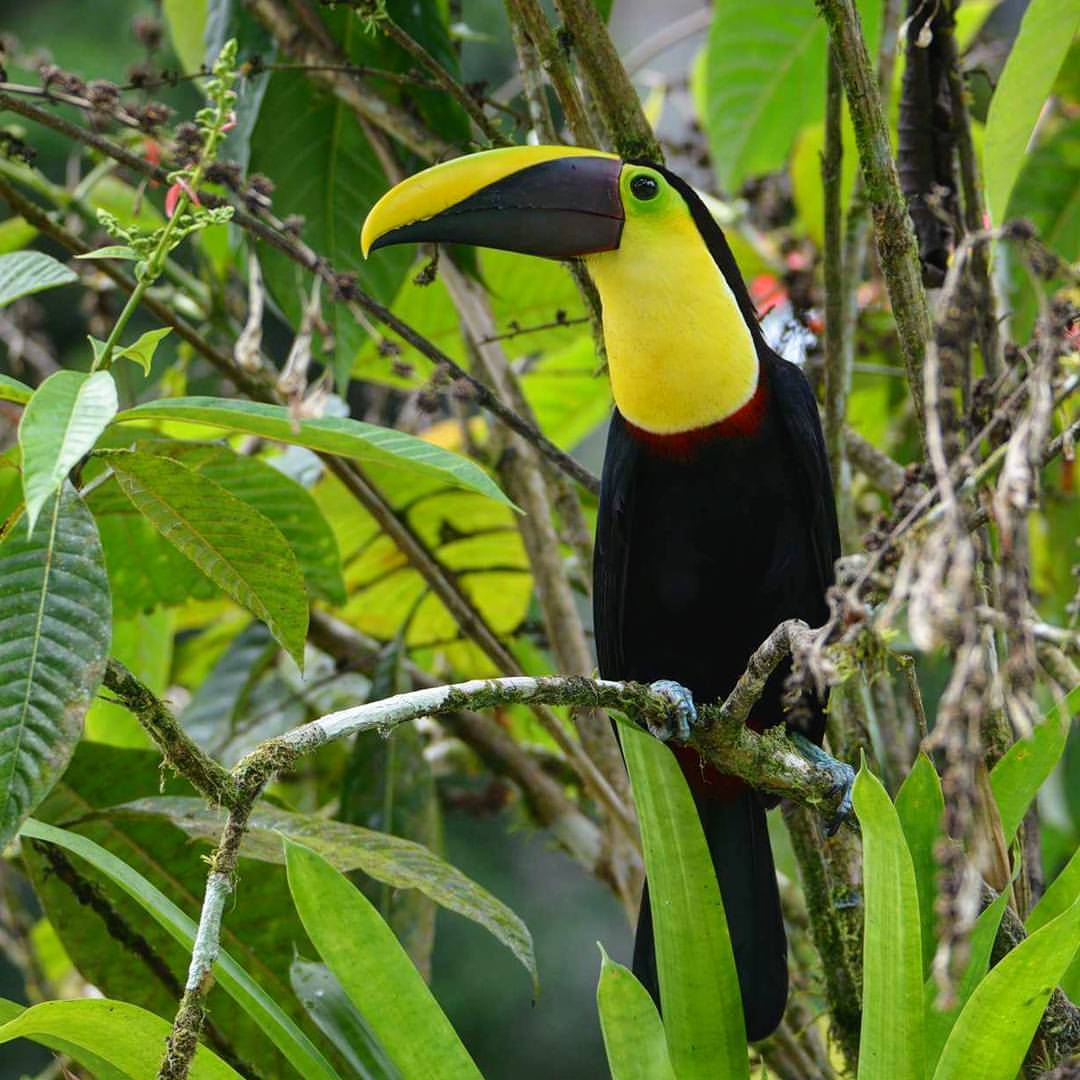How exactly is plastic bad? There are countless answers. Firstly, plastic never completely biodegrades. Over time it will break down into smaller and smaller pieces, but it will never seize to exist. In fact, it takes a plastic straw about 200 years to decompose. But that is nothing compared to the 450 years it takes for a water bottle to decompose or the 10 to 500 years that it takes a plastic bag.
BPA—or bisphenol A—is found in the manufacture of cheap plastics such as straws, single-use containers and water bottles. This is only one of the many chemicals found in these products, and it is associated with health issues such as early puberty, infertility and breast cancer because it seeps into the food and beverages in which we consume. BPA has been banned in the use of producing baby bottles in Europe, China and Canada. In the United States and Australia, though, BPA can be found in receipt paper, soup cans, plastic-packaged food, baby bottles, water bottles and many more of our everyday items. It has been found that 92.6% of Americans over the age of 6 have detectable levels of BPA in their bodies (according to the Centers for Disease Control). Unfortunately, more than 2.6 billion people depend on the ocean for their primary source of protein, and they are consuming all of the plastic and chemicals in which the fish has ingested.
In the United States, California has become the first state to ban the use of plastic bags, joining countries such as Kenya, China, Bangladesh, Rwanda and Macedonia. In San Francisco, styrofoam cups, food containers, packaging peanuts and beach toys have also been banned. Meanwhile, France has become the first country to ban plastic bags, plates, cups and utensils. But plastic industries have made efforts to prevent these bans. In states such as Florida, Missouri, Idaho, Arizona, Wisconsin and Indiana, legislation has outlawed the plastic-bag ban.
How can you help? Stop using straws! Over the last 10 years, plastic straws have escalated in production due to the “need” for them to “prevent” germs leading to disease. But the health risks that straws are claimed to prevent are nothing compared to those of which they are posing. Avoiding the use of straws is much easier than it seems; it just requires a little bit of effort and getting used to.
Personally, I have stopped using both plastic straws and lids in eateries, and I have barely noticed a difference. The best part about ditching the plastic straw is that there are also other alternatives, including glass, stainless steel and bamboo. These eco-friendly straws are reusable and can be easily transported. The bottom line is that there is simply no reason not to switch to these straws or to stop using them altogether.
The facts: 80% of ocean plastic comes from land-based sources, and about 8 million tons of plastic is dumped into the world’s oceans every year. By the year 2025, which is right around the corner, it is estimated that 10 times more plastic will be dumped in our oceans per year.
Plastic pollution of oceans is a serious threat, and if we do not do something to take action soon, we are going to destroy our future. So the next time you go out to eat and you use plastic—which will likely be very soon—think about the harm that it is doing to our oceans and what you could do differently to help.
Thank you, and if you haven't seen A Plastic Ocean, it's on Netflix and I recommend it! —Nina Colagiovanni






























